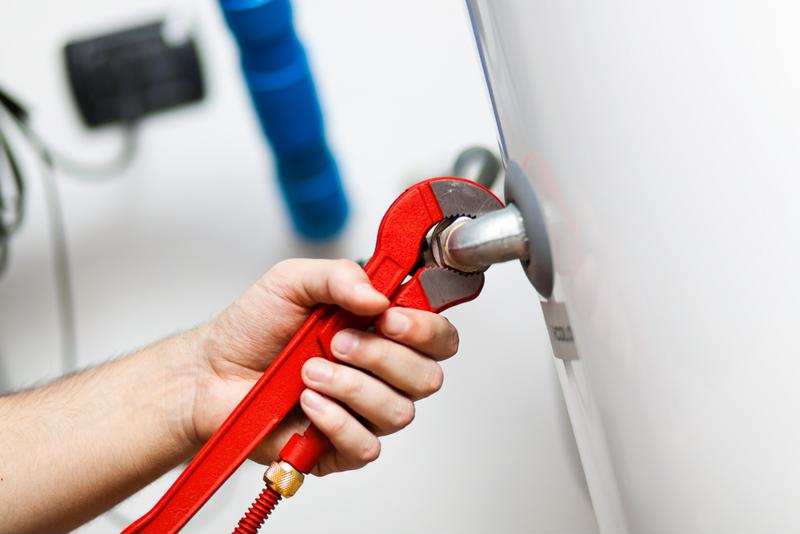Running a large corporation requires paying attention to a lot of moving parts, especially where the budget is concerned. CEOs and CFOs are forced to weigh the costs and benefits of investing in research and development, production, sales, marketing, HR, customer service and numerous other areas of business. Every decision has an opportunity cost. Every dollar you allocate to one department is a dollar you can't spend somewhere else.
"Corporations that are built to last have the well-maintained facilities to prove it."
It's important, though, that big businesses consider one other area as a key aspect of the budget that demands investment – facilities. For any business, taking care of buildings and the physical assets within them is crucial. Not only does this ensure that operations will continue smoothly today, but it also blazes a trail toward the long-term sustainability of the company. Corporations that are built to last have the well-maintained facilities to prove it.
Ford makes a significant investment
When you run a large corporation, spending money on your facilities is not a drain on your resources – rather, it's an investment in your future. Environmental Leader recently reported on a significant such move that happened in 2016, as Ford opted to put $1.2 billion into a new high-tech, high-efficiency headquarters in Dearborn, Michigan.
"Clearly, it's a substantial investment in our people, our communities and our infrastructure," said Andy Hobbs, director of Ford's environmental quality office. "We are looking at the environmental impacts holistically, and I think it's going to pay dividends absolutely immediately and beyond our wildest dreams."
Hobbs elaborated that Ford's new facility will reduce energy and water use, employ driverless cars and e-bikes and include on-site gardens, composting toilets and many other features that improve sustainability.
Sustainability is key for any corporation
Ford's leaders are not making these moves out of the kindness of their hearts. They're doing it because they see it as a path to a stronger business over the long haul. Hobbs also told Environmental Leader that he thinks it's wise for other companies to consider following suit.
"We are not doing anything that anybody else can't do, you just have to have a commitment to do it," he said. "We can present a competitive business argument for all of these actions. And if we find something that is good for our employees and good for the environment, we don't keep it hidden."
 Installing a new water heater can revolutionize your business.
Installing a new water heater can revolutionize your business.Every move a company can make toward greater sustainability, be it an entirely new facility or a relatively simple change like a water heater replacement, is a step in the right direction.
Efficient water heating is a high-stakes game
One move that any business can make to improve its sustainability is to install a new commercial tankless water heater. Such a change can have a dramatic effect on the profit potential of a business.
The U.S. Department of Energy estimates that tankless heaters are between 8 and 34 percent more efficient than storage-based heaters. The average home spends between $400 and $600 on water heating each year – if you run a business, even one that's nowhere near the size of Ford, you could be spending many times that. You do the math. A more efficient water heater could be a staggeringly good investment.

